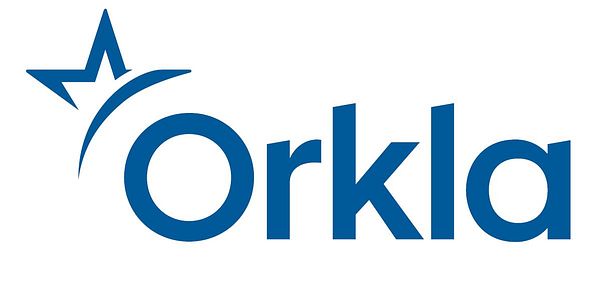
News -
Orkla steps up its climate efforts
Orkla’s climate targets up to 2025 have now been approved by the Science Based Targets initiative.
Orkla’s goal is to reduce greenhouse gas emissions from its own operations by more than 60% by 2025, while also intensifying its efforts to reduce indirect climate effects generated by production of raw materials.
“We urgently need to find solutions to climate changes. That’s why we are now taking action in every part of our value chain to reduce emissions in line with the level considered necessary by scientists to limit global warming to a maximum of two degrees,” says Inger Johanne Eikeland, Senior Vice President EHS at Orkla.
Orkla is the second Norwegian company to have its climate targets validated by the international organisation, the Science Based Targets initiative (SBTi). A total of 492 companies have committed to setting science-based targets. Of them, over 140 companies have had their targets independently approved by the SBTi.
“Congratulations to Orkla on having their emissions reduction targets validated by the Science Based Targets initiative. By setting targets that align their business with global efforts to avoid the worst impacts of climate change, Orkla is positioning itself to thrive as the global economy transitions to a low-carbon future,” says Alexander Farsan, Global Lead for science-based targets at WWF, one of the Science Based Targets initiative partners.
“We not only work to reduce our own emissions, we also take responsibility for the climate effects generated in our value chain by taking action targeting the production of raw materials used in our products. Our goal is to cut indirect greenhouse gas emissions by around 30% by 2025,” Eikeland states.
Produce our own hydropower
“To achieve our goal of reducing greenhouse gas emissions, we are switching from fossil to renewable energy. All the electricity we use in Europe is already renewable. Through our own hydropower plants, we produce five times as much renewable electricity as we use,” Eikeland explains.
In order to document renewable electricity, Orkla buys Guarantees of Origin related to its own hydropower plants.
Orkla’s many companies also work resolutely to reduce their consumption of energy and water, optimise resource use and reduce food waste. Sustainable innovation also ranks high on Orkla’s agenda, resulting in launches of plant-based alternatives to meat and a wide range of products with a lower environmental footprint.
Zero deforestation
Raw material production accounts for around 95% of Orkla’s indirect greenhouse gas emissions. Efforts to prevent deforestation in connection with raw material production are particularly important for eliminating greenhouse gas emissions. Orkla has a policy to promote deforestation-free supply chains, and implements measures in partnership with suppliers and certification organisations.
“We are now looking at ways in which we can encourage our suppliers on a more general basis to set their own climate targets, and more systematically monitor suppliers’ emission reduction work,” says Inger Johanne Eikeland.
Read more about our environmental and climate work in Orkla’s annual and sustainability report >
Orkla’s climate targets, validated by the Science Based Targets Initiative:
- Reduce greenhouse gas emissions by 63%* by 2025 and 77%* by 2040
- Reduce indirect greenhouse gas emissions by 29%* by 2025 and 77%* by 2040
(*Compared with 2014)
Facts
- The Science Based Targets initiative (SBTi) is a collaboration between CDP, the United Nations Global Compact, World Resources Institute (WRI) and World Wide Fund for Nature (WWF).
- Since the SBT initiative was launched in 2015, 492 companies have committed to setting science-based targets, and over 140 companies have had their targets independently approved by the SBTi.
- Read more about our environmental and climate work in Orkla’s annual and sustainability report >




